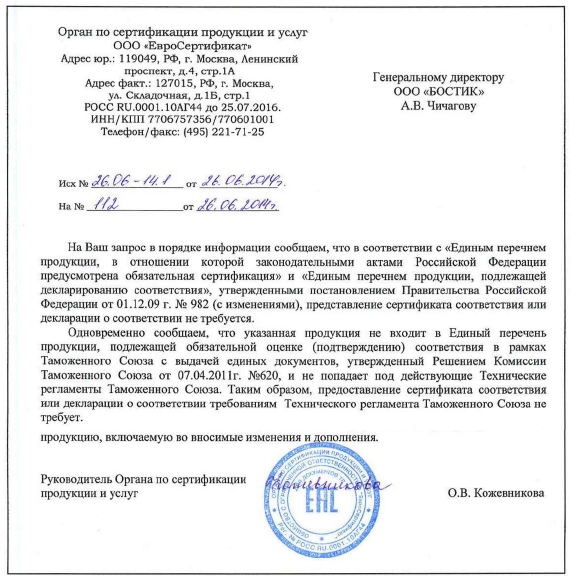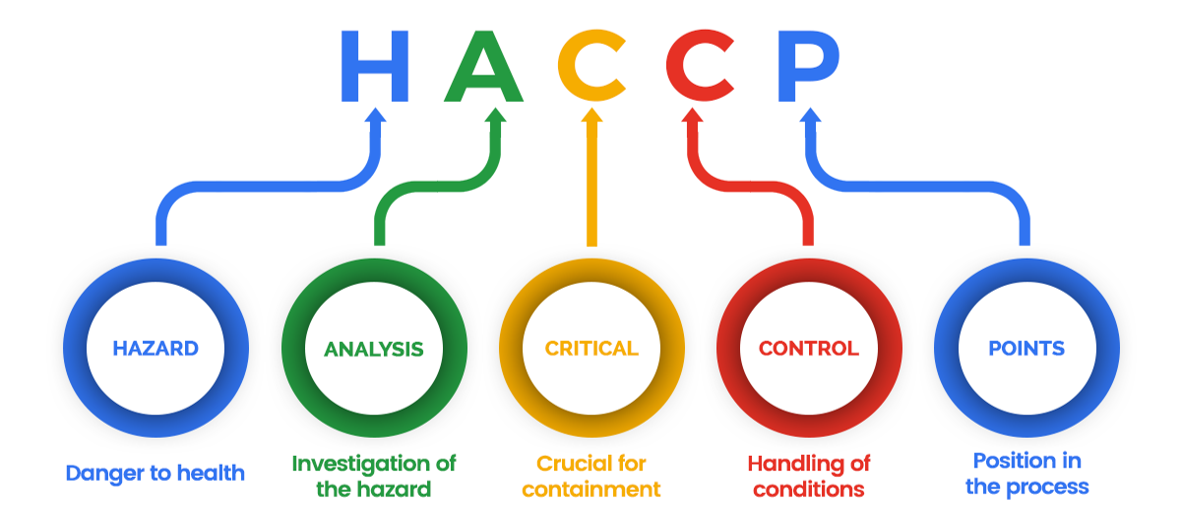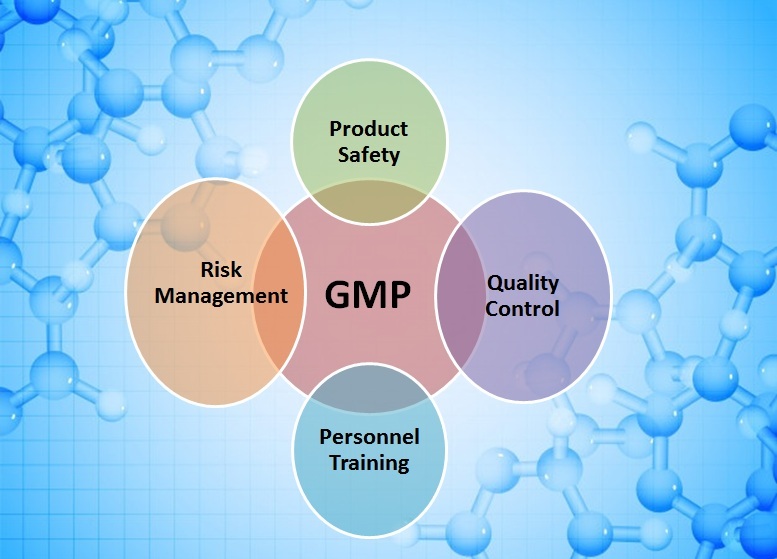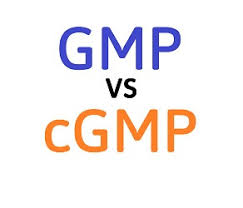[Voluntary GOST R certificate] Voluntary certification is a form of certification in the GOST R system that is applied to products, services and equipment, of which the certification is not required under the legislation of the Russian Federation. As a rule, the voluntary certification takes place at the request of the producer, the seller of goods or at the request of the customer. Thus, at present, some large retail chains on the purchase of certain goods wish to have a written confirmation stating that even if the quality in respect of certain products is not intended for certification. In such a case is carried out, in fact, voluntary certification, and that the certificate of voluntary compliance is formalized as a result of the outcomes of tests, therefore, on the basis of test and recording toilet, despite the certification is being implemented on a voluntary basis .
Where in respect of a service or product is not intended for certification, it means that there are no special requirements and product certification takes place on a voluntary basis for suitability to those safety rules that are declared by the manufacturer or supplier product. The parameters for the suitability of which is tested a sample of the product, represent compliance with GOST or technical specifications (TU), that is the producer through the development of laboratory tests and because of issuance of certified volunteer, as well as confirm the quality of the product under examination, it also indicates the correspondence to the requirements stated in the normative documents.
If you hold a certificate GOST R volunteer becomes easier to get the "Declaration of Conformity," which in this case the certificate is issued on a voluntary basis without the need to perform laboratory tests on samples.
The Voluntary GOST R replaces the "Letter of Exemption" for trade, but not the letter of exemption to the customs.
The obligatory Conformity Certificate - on production which is subject to obligatory certification;The voluntary Certificate of Conformity - on production which is subject to voluntary certification - all other production which was not included into Lists of production which is subject to obligatory certification.
The list of the products, subject to the obligatory GOST R Certification is regulated by the Federal Customs Service letter, dated December, 19th, 2006, N 06-73/44906 "About the list of the goods, for which the obligatory certification is required in case of releasing on the customs territory of the Russian Federation"
Список обязательных стандартов((List of Mandatory Standards))
Cooperation with the EuroCertificate laboratory for EAC Certification (DoC)

Scope:
TR CU 005/2011 On packaging safety
TR CU 004/2011 On low-voltage equipment safety
TR CU 010/2011 On machinery and equipment safety
TR CU 021/2011 On food safety
TR CU 022/2011 Food products in terms of their labeling
TR CU 020/2011 Electromagnetic compatibility of technical equipment
TR CU 029/2012 Safety requirements for food additives & flavors and technological aids















